When the fence eats the crop: On doctors, duty, and a systemic betrayal
There’s a reason we place teachers and doctors on a pedestal. One shapes our minds; the other safeguards our bodies.
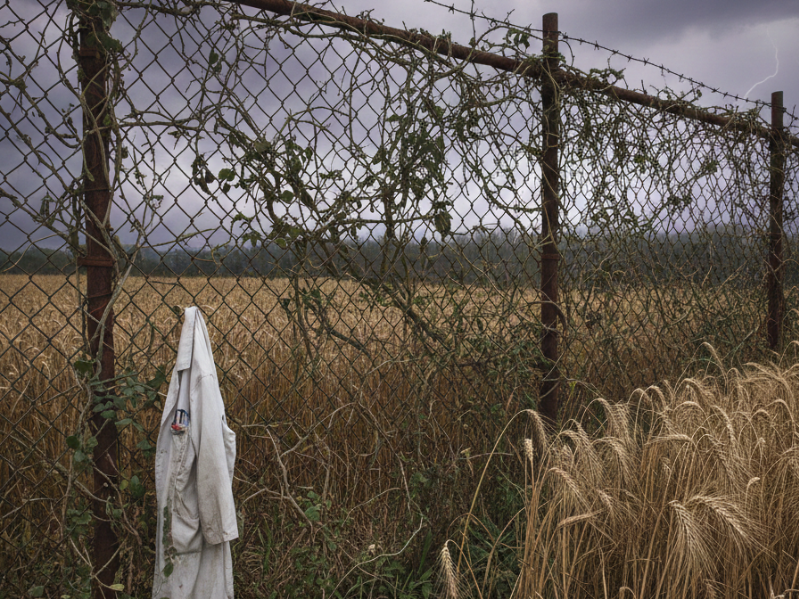 Representative image / AI generated
Representative image / AI generated
Trust is not a slogan — it is the unwritten contract that keeps civilization functioning. Yet today, that contract is under strain. When those sworn to heal, teach, or protect begin to betray the very ethics that define them, the threat is no longer personal — it is systemic. It’s time we asked why the guardians of our most noble professions are failing the very society that venerates them.
There’s a reason we place teachers and doctors on a pedestal. One shapes our minds; the other safeguards our bodies. When either profession is corrupted, society faces an existential crisis. That is why physicians take the Hippocratic Oath — a solemn promise that life and healing outrank every other loyalty.
The recent Delhi Red Fort blast jolted the nation not only because of its brutality, but because of who some of the suspects reportedly are: physicians and medical academics. Authorities are treating the explosion as a terror incident. The death toll and injuries shocked the capital and triggered nationwide investigations.
As the probe widened, Al-Falah University in Faridabad came under scrutiny. Indian media report that two doctors associated with the university were detained. The university issued a distancing statement, and the Association of Indian Universities suspended Al-Falah’s membership, stating the institution is “not in good standing.” Each of these steps is extraordinary. Institutions rarely move this fast unless the underlying concerns are grave.
Multiple outlets further describe a “white-coat” ecosystem — educated professionals allegedly leveraging their skills, networks, and access to chemicals and labs. Whatever the final court-tested facts reveal, the allegation itself is chilling: when medical training and facilities become enablers for terror, the threat is not just violent — it is systemic. It erodes public trust in the very people we must trust on our worst day.
The world has seen parallels before. After the Sept. 11 attacks, investigators learned that several of the terrorists had deliberately enrolled in flight schools to acquire the skills they later used to weaponize civilian aircraft. The aviation industry responded with sweeping reforms — enhanced vetting, real-time intelligence sharing, and layered background checks — ensuring that such infiltration would never again go unnoticed. Similarly, in the wake of the 2001 anthrax attacks, the United States required every laboratory handling sensitive biological or chemical agents to register its inventories with the FBI and comply with strict chain-of-custody protocols. These measures, though bureaucratic, built a culture of accountability and traceability.
That same logic applies here. When medical campuses and research institutions handle dual-use materials or train individuals with access to them, systemic safeguards must evolve alongside the threat. A registry of sensitive chemical stocks, periodic audits by independent agencies, and pre-employment background verification for high-clearance roles should be nonnegotiable. These are not acts of suspicion — they are acts of responsible vigilance.
This is different from sporadic crime. A systemic failure means multiple checkpoints didn’t work: campus vetting, professional peer oversight, supply and storage controls for dual-use materials, and the ethical culture that should cause colleagues to speak up at the first red flag. The response so far includes membership suspension by AIU and calls for deeper audits — a necessary start, but hardly sufficient on its own.
Some will say, don’t generalize. They’re right — we must not. The law targets individuals and networks, not entire communities. But there is an adjacent duty that can’t be outsourced to the police: moral clarity from professional peers and community leaders. After events of this magnitude, silence from influential voices lands like indifference. As Dr. Martin Luther King Jr. said, “It is not the violence of the few, but the silence of the majority that bothers me.” Condemnation should be swift, unambiguous, and repeated — especially from medical associations, campus leadership, and clergy who shape mindsets.
History gives us a moral benchmark. During the Holocaust, a Jewish barber in Auschwitz once found himself shaving a high-ranking Nazi officer — the very face of evil. With a razor in his hand, he had the means to kill, but he chose not to. He upheld his duty even in hell. That moment stands as the purest reflection of professional ethics — where principle triumphed over vengeance.
How tragic then, that in our time, some who swore the Hippocratic Oath — to heal, to protect, to save — have chosen the opposite path. Their hands, trained for surgery and care, became instruments of destruction. The contrast is unbearable. It tells us not only how professions can be corrupted, but how conscience itself can be silenced.
Here is what’s at stake for ordinary patients. In emergencies, trust must be automatic. Anyone and everyone should be able to enter a hospital and know that a physician’s oath outranks every other loyalty. If alleged white-collar terror cells exploit that trust, it imperils the social fabric. That’s why the medical profession itself must lead the repair. That trust, once broken, cannot be restored by statements or symbolism alone. It needs proof — in the form of accountability, transparency, and reform. We cannot legislate morality, but we can build systems that make its violation harder. When faith in a profession falters, procedure must step in where conscience has failed.
What accountability should look like now:
These measures may sound harsh, even intrusive, but they have precedents. After 9/11, the way the world traveled changed overnight — security lines grew longer, identities were verified more thoroughly, and privacy gave way to protection. Yet over time, those practices became normalized because people understood the stakes. The same principle applies here. This is the necessary discipline society must accept to preserve the sanctity of a profession once guided by the Hippocratic Oath. These reforms are not punishments; they are safeguards — the price we collectively pay for the few who betrayed their calling.
- Medical ethics with teeth- Hospital boards and state medical councils should mandate real-time reporting channels for colleagues to flag suspicious procurement, lab usage, or off-protocol chemical storage. Anonymous, protected, audited. Consequences for ignoring red flags should be explicit.
- Dual-use materials governance- Universities and hospitals must maintain chain-of-custody logs for sensitive chemicals and equipment, with quarterly external audits. Surprise inspections should be normal, not exceptional.
- Campus due diligenc- Admissions and hiring need enhanced background vetting for sensitive roles, periodic reverification, and a code of conduct with clear off-ramps, including suspension pending inquiry or mandatory leave during probes. AIU’s swift membership suspension signals the standard. Audits and, if warranted, forensic reviews should follow the evidence trail.
- Peer courage- Professional complicity often begins as bystanding. Medical associations and alumni bodies should run bystander-to-upstander training tailored to hospitals and labs. If the culture doesn’t reward speaking up, the best controls fail.
- Public transparency- When institutions act, say so. Publish the compliance steps, the audits ordered, the fixes made. Sunlight rebuilds trust faster than press releases of denial.
These steps alone will not heal the wound, but they mark the beginning of responsibility — a reminder that vigilance is not suspicion, and silence is not virtue. When good people stay quiet, systems decay. Rebuilding trust will take both institutional reform and moral courage from ordinary citizens — the will to speak up, stay alert, and demand integrity from those sworn to protect life itself.
For those of us who call ourselves custodians of dharma, silence can no longer be an option. We cannot afford either naivete or nihilism. Naivete minimizes ideological intent; nihilism shrugs, “Nothing will change.” Choose a third path: moral clarity plus institutional reform. Support policies that harden campuses and hospitals against radical exploitation. Demand that editorial boards cover these facts responsibly. Reject hate; insist on consequence.
Ultimately, this is not just about a university, a few doctors, or even one faith. It is about what kind of civilization we choose to be — one that excuses wrong in the name of identity, or one that upholds right in the name of humanity. The choice is ours, and history will remember whether we had the courage to protect what is sacred — both in faith and in profession.
Because when the fence eats the crop, you don’t just mourn the harvest. You repair the fence — and you watch it, together.
The author is a cancer drug researcher by profession and has published multiple peer-reviewed original research articles in scientific journals.
(The views and opinions expressed in this article are those of the author and do not necessarily reflect the official policy or position of New India Abroad.)
ADVERTISEMENT
ADVERTISEMENT
E Paper
Video




 Agnish
Agnish
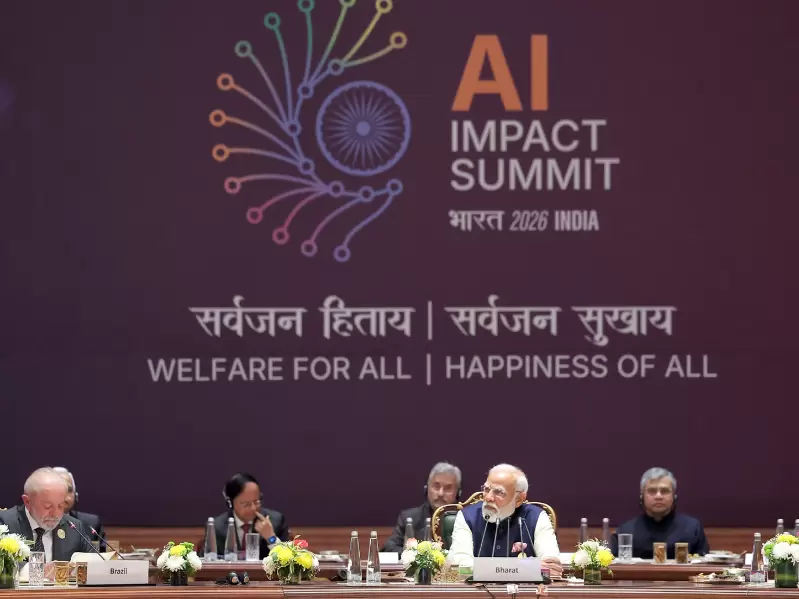
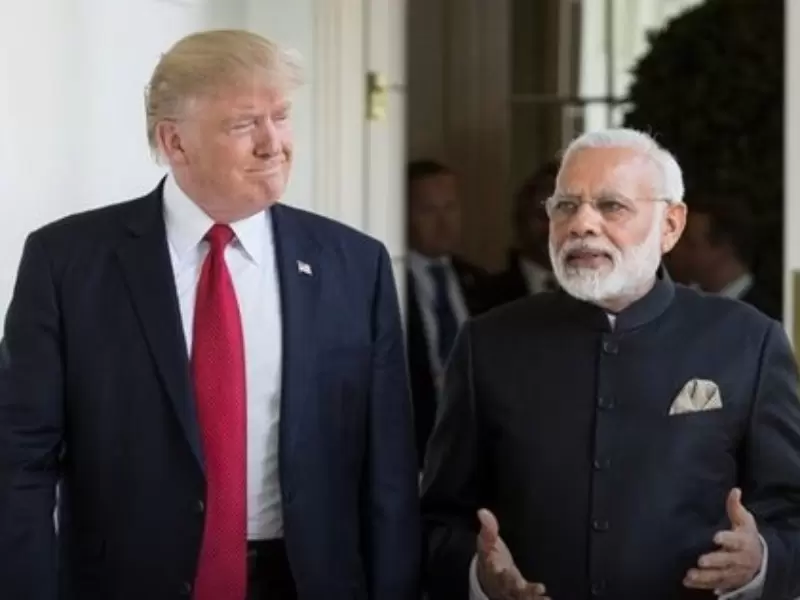
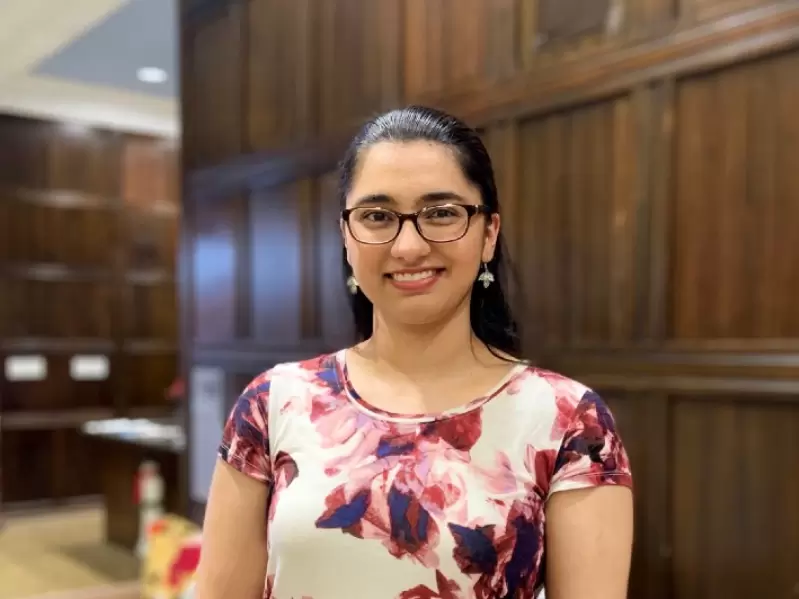
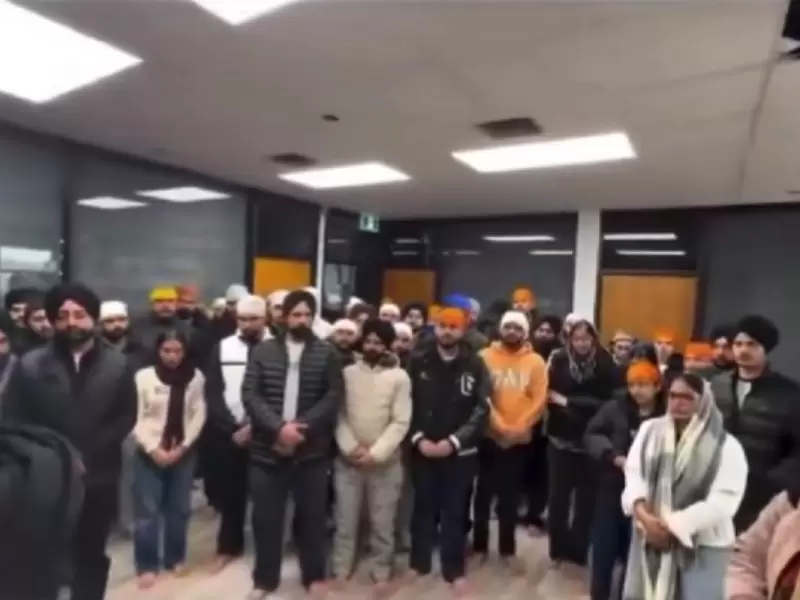

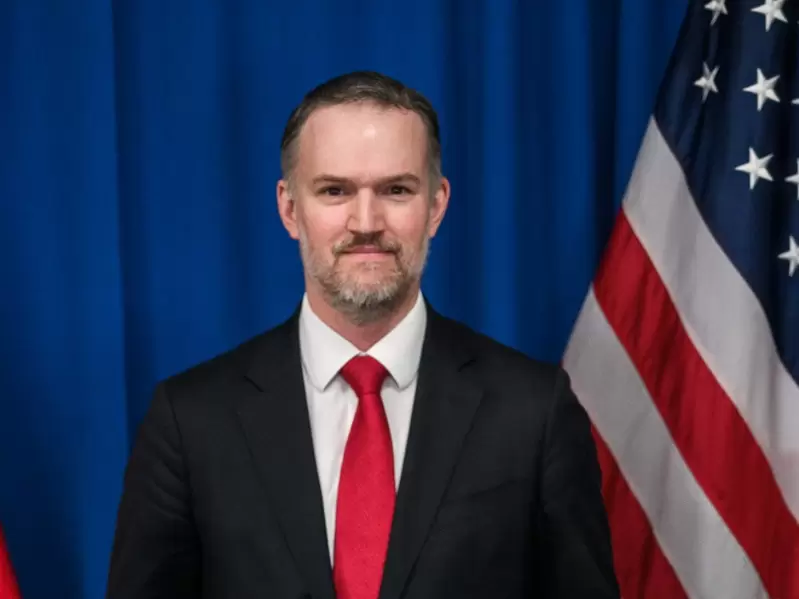
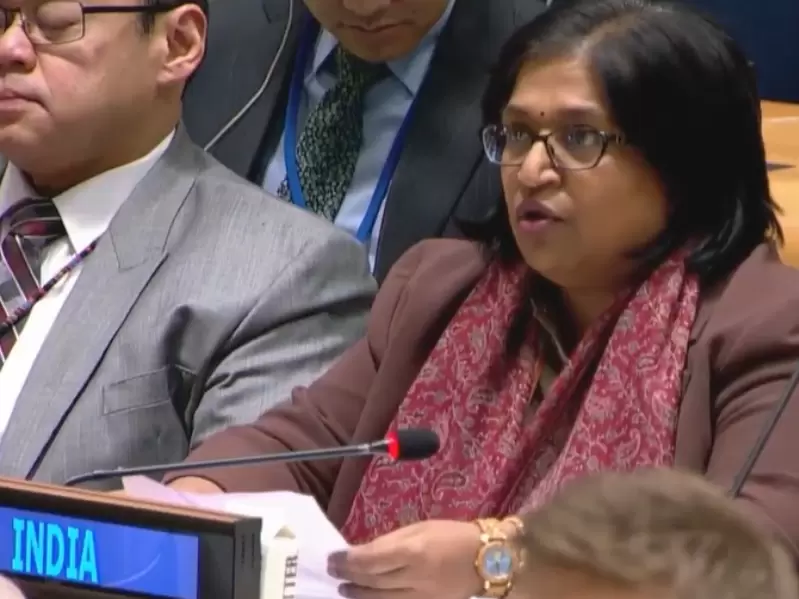
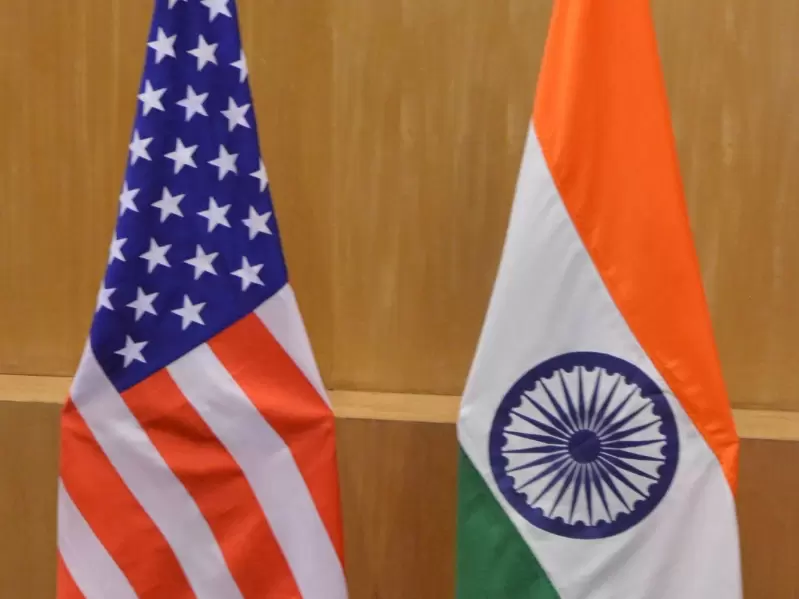
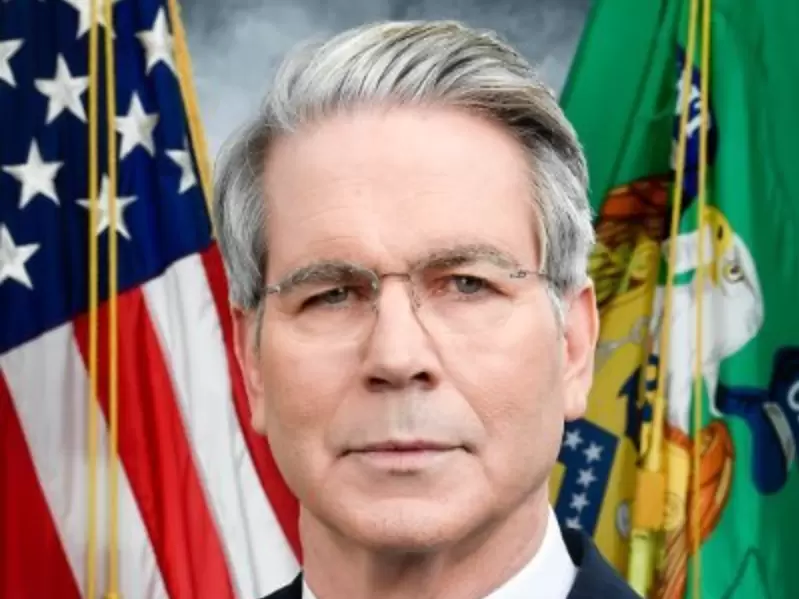
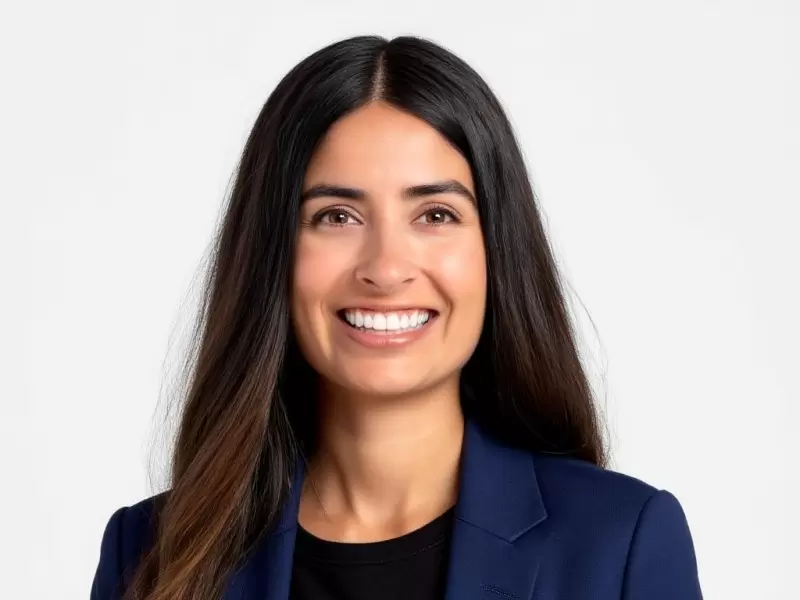
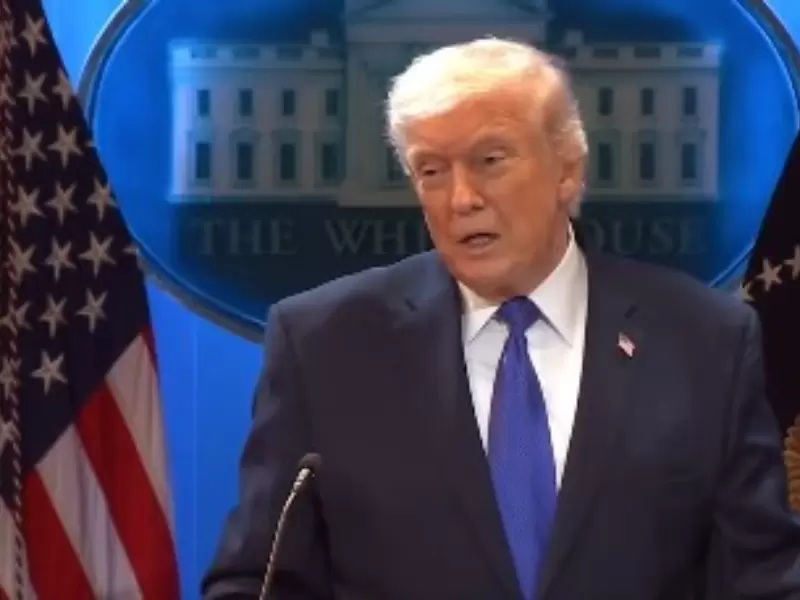


Comments
Start the conversation
Become a member of New India Abroad to start commenting.
Sign Up Now
Already have an account? Login